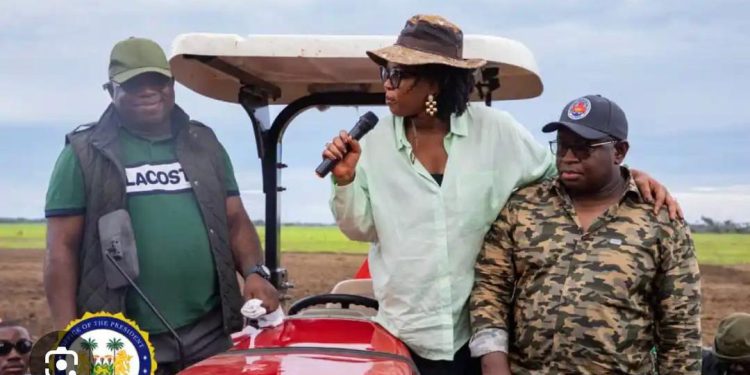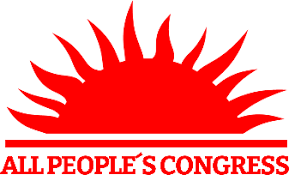By Mackie M. Jalloh
The Torma Bum Rice Project was launched with high hopes, heralded as a game-changer for Sierra Leone’s agricultural landscape and food security. With a budget of $34.1 million, this ambitious initiative aimed to boost local rice production, enhance food self-sufficiency, and significantly reduce the country’s reliance on imported rice, a staple food for many Sierra Leoneans. However, years later, the promise of revitalization has faded, leaving a trail of disappointment, mismanagement, and rising allegations of corruption.
Since its inception, the Torma Bum Rice Project was envisioned as a cornerstone for sustainable agricultural development in the region. The project was expected to provide essential infrastructure for rice farming, support local farmers with training and resources, and create employment opportunities within the community. Yet, as time has passed, the anticipated benefits have not materialized, prompting widespread criticism and frustration among locals and agricultural stakeholders.
The current state of the Torma Bum Rice Project reflects a broader systemic failure in Sierra Leone’s public sector, where mismanagement and lack of accountability have become common themes. Reports indicate significant delays in the implementation of project components, with much of the allocated funding seemingly disappearing into a void of inefficiency and lack of oversight. Farmers who were supposed to benefit from infrastructure improvements and support systems are left without the necessary tools or guidance to enhance their production capabilities.
Allegations of corruption have cast a long shadow over the project, as investigations reveal claims of misappropriation of funds intended for vital resources and development. Eyewitness accounts suggest that funds designated for building irrigation systems, purchasing farming equipment, and providing essential training to local farmers have either been mismanaged or outright siphoned off by unscrupulous officials. The very essence of the project—to bolster food production and ensure community resilience—has been compromised by a lack of transparency and ethical governance.
As the crisis deepens, the consequences for the nation are stark. Sierra Leone continues to grapple with food insecurity, particularly concerning its staple rice, which remains largely dependent on imports. This reliance has placed a significant burden on households already struggling with economic hardships. With the failure of the Torma Bum Rice Project, the promise of self-sufficiency in rice production remains unfulfilled, and communities are left to face the consequences of poor policy execution.
Calls for accountability are growing louder as citizens demand answers from government officials and project stakeholders. The pressing question remains: where did the money go? As local farmers continue to suffer the ramifications of the project’s failures, the government faces increasing scrutiny to explain the lack of progress and to provide a comprehensive accounting of the project’s finances.
The Torma Bum Rice Project has become emblematic of the larger issues of corruption and mismanagement that plague Sierra Leone’s public sector. It serves as a painful reminder of what could have been—a sustainable agricultural framework that empowered communities and improved food security—now overshadowed by scandal and lost opportunities. The nation stands at a critical juncture, where urgent reforms are necessary to restore trust and ensure that future projects prioritize transparency, accountability, and the genuine needs of the people.
As Sierra Leone reflects on the shortcomings of the Torma Bum Rice Project, the focus must shift towards rebuilding a trustworthy governance framework that can truly uplift its agricultural sector and provide the food security that its citizens desperately need. The failure of this initiative should not be seen merely as a financial loss but as a profound setback in the fight against hunger and poverty, demanding a collective commitment to change the narrative and foster sustainable development for all.













